Cork people recovering from cancer invited to 'survive and thrive' programme

Corkman Richard Holmes who was diagnosed with throat cancer.
Now that we know that it is possible to survive cancer and to bounce back and thrive, positive support is always welcome.
“Having support and having contact with people who have had similar experiences is a good thing,” says Richard Holmes, of Fermoy, who is a cancer survivor.
The Marie Keating Foundation will host a free in-person survivorship workshop in Youghal for people recovering from cancer as part of its Survive and Thrive programme.
“The programme aims to empower cancer survivors nationwide to adapt to a new normal following a cancer diagnosis,” says Helen Forristal, Director of Nursing.
The six-week Survive and Thrive programme helps complete treatment for cancer patients who have come out the other side. It helps people move on to a new life; a new normal.
Richard, who has signed up for the programme, is flying solo.
“Men tend to think that this is an emotional-type programme and they tend to shy away from it,” says Helen.
“They may not realise the benefits of the programme until they are actually in it and become confident in that safe space.”
People who sign up for the Survive and Thrive programme ‘get’ each other.
“Cancer survivors come together, and they can swap notes between each other and swap stories,” says Helen.
“They get each other.”
They can learn from each other too.
“They can teach each other coping skills that helped them through cancer treatments and the aftermath journey,” she said.
Starting the conversation is the start of a new life, a new normal.
“Living with uncertainty is huge,” says Helen. “The fear of cancer reoccurring is huge. Seeking help and finding ways to manage that is empowering.”
The disease raises its ugly head in relation to many issues.
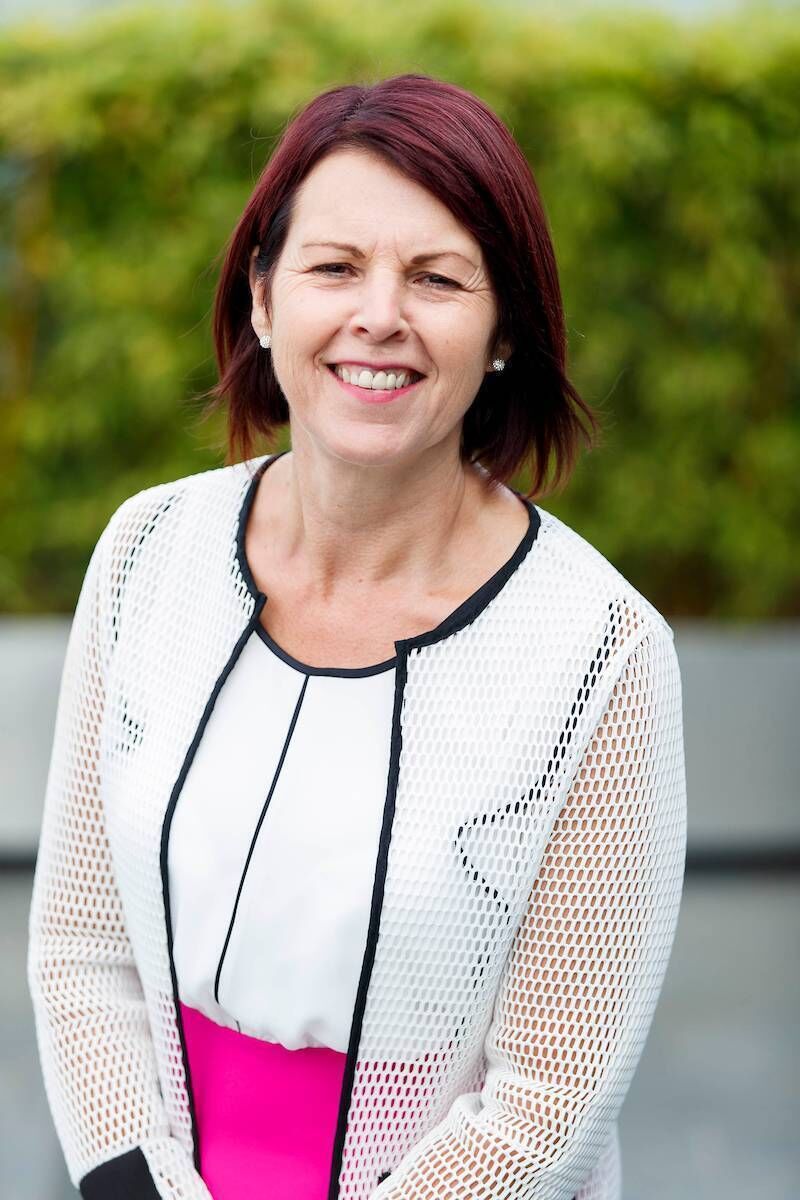
“Cancer changes our bodies,” says Helen.
“Practical advice about physical activity and good nutrition are some of the resources that can help with moving on from a cancer journey. Making the most of follow up appointments with your consultant is important.
People realise they could have and should have got professional help along the way.
Richard eventually went along to get help after he was diagnosed with throat cancer in January, 2023.
“When I was diagnosed, I hardly reacted at all,” he recalled.
A gardener by trade, he wasn’t shocked.
“I felt no emotion,” says Richard. “I wasn’t shocked, stunned, or surprised”, added the father of one.
“I felt zero emotion. I had the same approach to cancer as I had to gardening.”
Did he feel any symptoms prior to his cancer diagnosis?
“I had no symptoms at all,” says Richard.
Doing his job one day, he swallowed a fly.
“After that, a lump on my neck developed and I was violently sick,” says Richard.
“I left it alone for a couple of months and the lump disappeared.
But one day when I was shaving, I felt a tiny little lump under the skin. I decided then to go about it.
His consultant was surprised to learn that Richard had not experienced any unusual symptoms.
“I started on my treatment plan, which was pretty tough,” says Richard.
When the going got tough, he kept going.
“The cancer was inoperable. I worked as much as I could during my medical treatment,” says Richard.
Did that help?
“I think that was my coping mechanism. I wanted it all done and dusted.”
Richard began to question his attitude to his cancer.
“I began to question my lack of my emotion,” he explains.
“I wondered if that was my defence mechanism.”
He sought out a valuable support group.
“I heard about Youghal Cancer Support group,” says Richard.
“It was suggested to me that I should go there. That it would be a good programme for me.”
It was a safe haven.
“I went there to learn about me and about my emotions after cancer,” says Richard.
My journey was still in progress.
He ventured where he had never ventured before.
“For me to consider attending a support group was unusual,” says Richard.
“Being a man, it was not something I would do. I thought I could manage all on my own. Now I was going inside the door.”
What was he thinking?
“In one sense, I was asking for help,” says Richard.
And what did he find?
“I found support from people who had had the same experience as I did,” says Richard.
“I had support from family and friends, but I needed that extra bit.
“The Youghal Cancer Support group provided me with mental wellness. I found it to be of huge benefit to me. It was the best thing I ever did.”
Richard is continuing on the right path after his cancer journey.
“The extra sustenance of the Survive and Thrive programme will help me to learn more about myself,” he says.
He’ll meet like-minded people.
“Us fellows are slow to reach out unless they really have to,” says Richard.
Friends of mine who had cancer say try something new. You can only better yourself and get to know how to get used to living a new normal.
Stress and anxiety can still linger while living a new normal.
“One of our opening remarks includes additional support regarding feeling and coping with stress and anxiety,” says Helen.
“We want to show people how to be a self-manager. Stepping into a new life after cancer is different. Relaxation is important and opening up to new emotions is important.”
Cancer survivors have been on a tumultuous journey.
“They have been on a rollercoaster going from A to B,” says Helen.
“With the Survive and Thrive programme, we can give cancer survivors valuable tools to take away with them to implement for themselves and to promote mental wellness.”
The Cancer Survive and Thrive programme is adapted by Stanford University from their Chronic Disease Self-Management Programme, (CDSMP), which is based on a rehabilitation best practice model and has been positively evaluated internationally and in Ireland. This validated programme uses a prescribed structure and manual.
Since 2014, the Marie Keating Foundation have run a number of eight-week Survive and Thrive programmes which provide holistic support to people who have completed their cancer treatment, helping them with the physical aspects of their journey while also addressing emotional and psychological well-being as well as other important factors in making longer term goals and objectives in life after cancer.
The programmes are free to attend for survivors of any type of cancer.
Survive and Thrive is open to men and women who have survived any type of cancer, and a programme will take place each Tuesday evening from September 10 to October 15, from 6.15pm to 9pm in the Water Raleigh Hotel, Youghal, Cork. The course is free to attend but registration is essential.
To register an interest, see
SUPPORT CONTACTS
You can contact the Marie Keating Foundation on 01-628 3726.
Youghal Cancer Support Centre is a voluntary organisation established to provide the best possible cancer support services to the people of east Cork and west Waterford area. They are located at 29, Friar Street, Youghal, Co. Cork. Phone 085-250 7385.
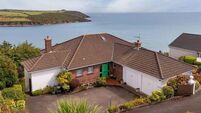
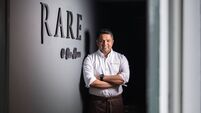
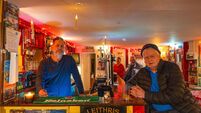
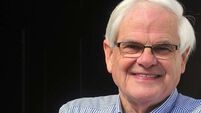



 App?
App?


